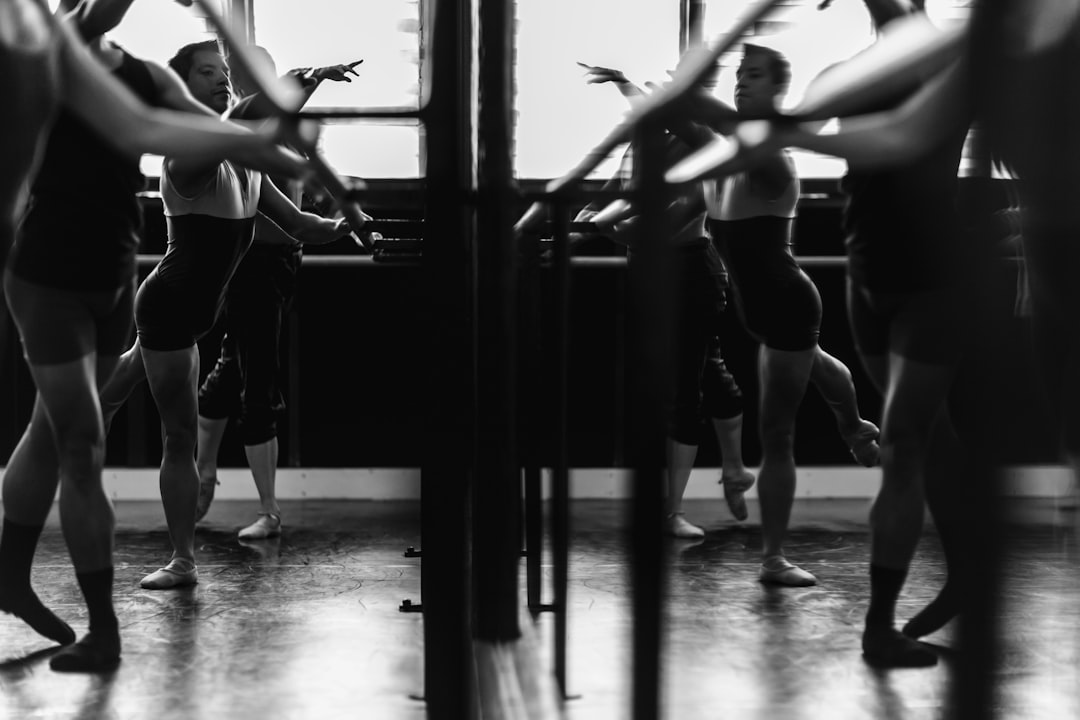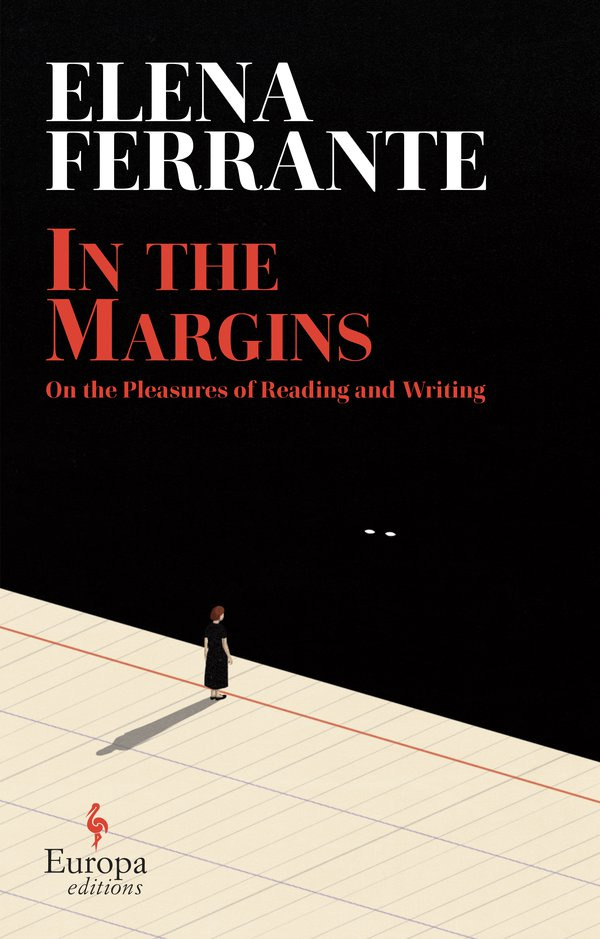105. 💌 critique as care 💌
thinking about moving beyond evaluation
Hello, and happy Monday.
And a big hello to all the new subscribers! 😃 Huge thank you to friend and fellow book clubber Tyler B. for plugging tiny driver in Anne Helen Petersen’s Culture Study!! He’s doing a weeklong takeover over on her newsletter, and I highly recommend that you check out his essay on the importance of queering sex education!
✏️ Still processing.
One of the only useful things I learned from taking ballet when I was little was what I now have heard called “critique as care.”

Back then, we didn’t have a shorthand for naming this dynamic. Instead, we called them “corrections.” As we would go through our barre warm-up, I remember our teachers coming around the room, passing their eyes over each of us as they walked through the rows, giving us an adjustment before moving on to the next student.
I also remember that at the end of each barre routine, the teacher would give a student an extended correction while everyone watched. It was meant to be a lesson for us all, but focused on the movement of one dancer. If you were selected to receive a correction after the combination, you were being given an individual critique for about 3-5 minutes.
I remember dreading the moment after a combination ended, constantly in fear of being picked. I would feel ashamed as everyone looked on when the instructor pointed out my mistakes. They would always say, though, that they gave corrections because they wanted us to get better—to understand how to improve our movement for next time. This sentiment, for me, was my proto-experience of understanding critique (or corrections) as care.
Recently, I have been struggling to get out of my head as I draft my book manuscript. In the Spring, I will have a manuscript workshop where two scholars I greatly admire will give me feedback on my work so far. Knowing that these two individuals will read my drafts is a little terrifying. Nothing will be polished. My ideas will be half-baked. My writing will not be beautiful. It is a draft, after all. Yet, I have found myself paralyzed at the thought that scholars I admire will read these rough, sand paper-y words.
As a way of mitigating this paralysis, I have tried to repeat the mantra, “critique is care.” I am starting to accept that there is no world in which I’ll have written the perfect draft, especially when it’s my first. More than that, though, I am trying to remember that their feedback is an act of care—of making my manuscript become the best book it can be. I think about the acknowledgements sections of all the academic books I’ve read—the number of names that authors list who have provided inavluable feedback to their book’s development. If they didn’t truly care about my work and my intellectual development, they wouldn’t give me feedback at all.
The biggest mental reframe that I’m working on is the idea that this process isn’t an evaluative one. I know that there are many moments in the academy where my work will be evaluated (I feel like tenure is the most prominent example I can think of), but I am trying to recognize that this is not one of those moments. As I wrote above, it is a draft, after all. Rather, I want to frame this as an opportunity to think with, to think alongside. To figure out what’s working and what isn’t in the community of people who write and think about the same things that I do. Critique of this draft, then, is really a practice of community care—of furthering the field by lifting up everyone’s work to be the best it can be.
🌀 Still consuming.
I watched Barbarian over the weekend with a friend, and it was truly the most fun I’ve had at the movies in a while. I’d definitely put it in the horror-comedy category! Also I highly recommend watching it in theaters because the collective experience of not knowing what would happen next bonded us all and it was amazing! (The trailer gives nothing away, but also would highly recommend going into the movie not seeing it! ☺️)
This article adds an important voice and perspective to the conversation surrounding academics falsely claiming indigenous ancestry. (h/t my friend Maj K.)
A wonderful interview with a beloved neighborhood UPS driver named Vince.
Another interview I enjoyed reading, this time with historian Madeline Hsu.
📖 Book club corner.
September’s book club pick is At the Margins by Elena Ferrante! I’m so excited! You can purchase the book here and find meeting details below.
Here’s the event info:
Date & Time: Tuesday, September 27 @ 5PM PST/8PM EST
Registration Link!
Suggested Donation (for those able to donate): $3-10 through Paypal or Venmo (@idyalz)
If you are interested in facilitating a book club and have been to more than two book club meetings, feel free to reach out to me!
You can learn more about the tiny driver book club here!
🐶 A pup-date.
Northern California was HOT last week, and so was Higgins!!
As always, thanks so much for reading through, and I'll see you in the next one!
Warmly,
Ida




Critique-as-care and the desire to help another become better...such powerful lenses to use as we grow in our work! Thank you for this essay, Ida. And I am obsessed with Ferrante's In the Margins. It's the craft book I was waiting for all my life without knowing it! Have a great day :)--Jules